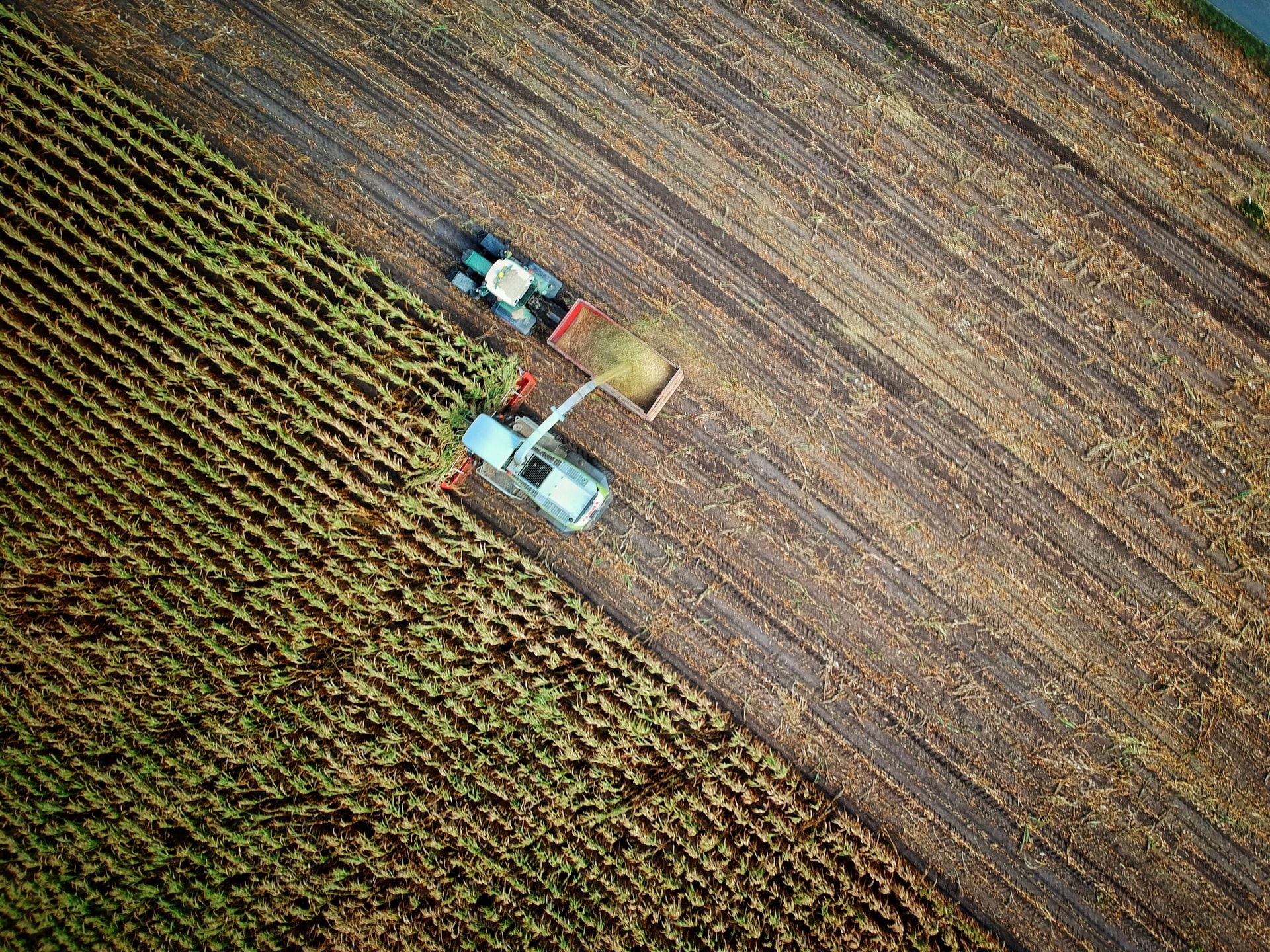
How Local Farming and the Next Generation of Farmers Are Leading the Way Against Climate Change; And How Can We Support Them?
In January, we reflect on Agriculture and Sustainable Food Production, one of the many interesting chapters in our Climate Emergency Response Plan; and it is important to consider the impact our choices have.
 As a semi-rural county, agriculture is a very important and valued part of County Durham. Some of us live right next to fields, some of us just enjoy visiting the local farm shops and markets regularly. But agriculture affects every single aspect of our food consumption. Whether it is local butchers or grocers, or the supermarket, some of the food we consume is produced within the country, supporting our local farmers.
As a semi-rural county, agriculture is a very important and valued part of County Durham. Some of us live right next to fields, some of us just enjoy visiting the local farm shops and markets regularly. But agriculture affects every single aspect of our food consumption. Whether it is local butchers or grocers, or the supermarket, some of the food we consume is produced within the country, supporting our local farmers.
Of course, there is still a demand for cheaper produce that is sourced from outside of the country. However, exported produce affects the overall value of the produce but also increasing the carbon emissions that come from your food shop.
Why is Agriculture important to Climate Change?
Opting for locally sourced food is a powerful strategy to reduce carbon emissions and bolster the local economy. Local farmers strive to provide high-quality produce, which is often fresher due to the shorter supply chains. This freshness not only enhances taste but also helps retain more nutrients. Additionally, locally sourced foods typically have fewer associated food miles, leading to reduced carbon emissions during transportation. Supporting local agriculture also fosters community relationships and economic resilience.
Regenerative is an emerging, sustainable approach to food production that prioritises soil health. It’s key principles include:
- Minimising soil disturbance: Practices like “no till” (short for no tillage meaning the soil is left undisturbed during planting rather than being ploughed or tilled), farming reduce disruption to soil structure, preserving its integrity.
- Keeping soil covered: Maintaining a protective layer over the soil prevents erosion and retains moisture.
- Maintaining living roots: Keeping plants in the ground year-round supports soil microorganisms and enhances nutrient cycling. (ensures that essential elements are continuously replenished in the soil, reducing the need for synthetic fertilisers).
- Increasing plant diversity: Cultivating a variety of crops promotes a balanced ecosystem and improves resilience.
- Integrating livestock: Managed grazing recycles nutrients and stimulates plant growth.
These practices enhance soil health, enabling it to sequester more carbon and improve crop yields.
The above factors underscore the invaluable role farmers play in combating climate change and strengthening our local circular economy.
Visit the Groundswell website to learn more.
The rise of the next generation of farmers.
 The next generation are growing up in an environment where climate change is becoming more and more of a priority and increased topic of interest. Schools are becoming more active with education on the topic. At Climate County Durham we work with countless partners and residents to ensure that the word of climate change is heard, and action is increased.
The next generation are growing up in an environment where climate change is becoming more and more of a priority and increased topic of interest. Schools are becoming more active with education on the topic. At Climate County Durham we work with countless partners and residents to ensure that the word of climate change is heard, and action is increased.
So, what does this have to do with established and young farmers? The next generation of farmers are working alongside their elders to prepare to take on family businesses and become the next suppliers for County Durham. As the world is changing around them; from unpredictable weather patterns, higher and to extreme cold spells, current and next generations of farmers are working hard on new ideas, new systems and technologies that will improve efficiency and quality of produce as we adapt to the climate changing and growing costs. Sustainable agriculture is already a huge topic and many farmers across the United Kingdom are banding together to work towards tackling and adapting to the everchanging conditions. The next generation of farmers, whether new to the industry or generationally inherited, are taking the ropes and educating on adaptation and how to care for their land.
What resources are on offer to develop the next generation?
Many farmers are raised in the trade, learning things young and developing to help their parents as they get older. But across County Durham there are offers to help beginners or those who want to strengthen their knowledge.
East College Durham hosts agriculture courses that help train those interested in all areas of the industry, from livestock farming to crop harvesting. They have amazing resources including their very own cow, sheep and pig unites, a swell as agricultural machinery and even an onsite butchery.
And recently an opportunity offering land to aspiring young farmers arose, with the aim to inspire new and young farmers to get their hands dirty and strengthen the industry. The Northern Echo covered this in an article back in December – who knows what this may inspire in the next few years to come…
But you do not have to be an aspiring or trained farmer to make differences for our environment and economy. Simple actions such as shopping local, visiting your local farm shops, or choosing local produce over imported, all are small steps we can make to show our support.

